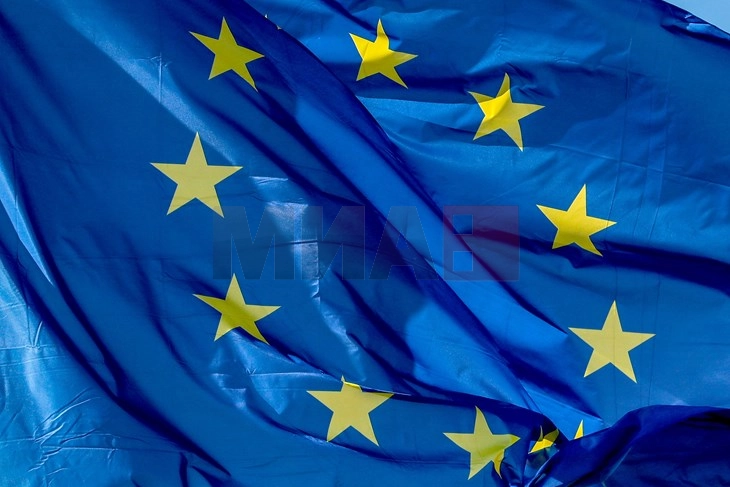EU capitals make breakthrough on key element of asylum reform
- EU capitals have overcome their differences on asylum rules for crisis situations, the Spanish EU presidency announced on Wednesday, allowing negotiations to progress on a long-sought overhaul of the bloc's migration policy.

Brussels, 4 October 2023 (dpa/MIA) - EU capitals have overcome their differences on asylum rules for crisis situations, the Spanish EU presidency announced on Wednesday, allowing negotiations to progress on a long-sought overhaul of the bloc's migration policy.
"EU ambassadors have reached an agreement on the regulation addressing situations of crisis and force majeure in the field of migration and asylum," the Spanish presidency wrote on X, the platform formerly known as Twitter.
The issue had emerged as a stumbling bloc as EU member states sought to find a common position to take into negotiations with the European Parliament. The EU legislature said it would not discuss any element of the reform package with them until this issue was resolved.
European Commission President Ursula von der Leyen welcomed the breakthrough as a "game changer" that could help deliver the far-reaching asylum reform package ahead of next year's European Parliament elections, in comments on X.
The proposed asylum reforms aim to clamp down on unwanted migration into the European Union. Migration has long been a sensitive issue in the bloc, and is returning to the top of the agenda ahead of EU elections next year.
Wednesday's breakthrough has now enabled member states to agree their stance on a new mechanism governing when they can declare a crisis and trigger special asylum rules.
At times of crisis, the provision allows for longer deadlines to register asylum applications at the EU's external borders and the possibility of lowering standards for accommodation and care, while also removing exemptions granted to certain groups of people.
Additionally asylum seekers could be obliged to stay in reception facilities near the border for longer than 12 weeks.
Germany in particular had raised concerns that this would unacceptably lower the standards of treatment for migrants.
Berlin finally dropped its resistance following pressure from other capitals, in return for minor concessions, but managed to push through just a few improvements.
Nonetheless, German Chancellor Olaf Scholz described Wednesday's progress as a "historic turning point."
"The reform will effectively limit irregular migration in Europe and permanently relieve the burden on states like Germany," he wrote on X.
The issue had created tension within his coalition government, which includes the traditionally pro-migrant Greens. Germany is one of the main destinations sought out by migrants arriving in Europe.
German Foreign Minister Annalena Baerbock of the Greens called Wednesday's agreement a success.
"We fought hard and successfully in Brussels until the last minute to ensure that there would be no weakening of minimum humanitarian standards," Baerbock said.
The agreement comes amid increased concern about irregular migration.
Also on Wednesday, camps on the Greek islands reported they had reached capacity after hundreds of people were rescued from small boats in the Mediterranean Sea.
Italy had been the last country to block the deal, but also agreed to a compromise at Wednesday's meeting of EU ambassadors.
Now that EU capitals have agreed a common line, the aim is to reach an understanding with the parliament as soon as possible.
Time is pressing in view of the EU elections in June. Any proposed legislation that has not been agreed by then could end up being substantially delayed. This would be a major setback for the asylum reform package, which has been years in the planning.
Far-right and populist parties across the bloc have repeatedly slammed the EU for failing to tackle irregular migration.
The reform plans also allow for tougher treatment of migrants coming from countries which are deemed safe, meaning they are not likely to be granted asylum.
In future, these migrants would be sent to strictly controlled reception facilities after crossing into the EU, where they would be held under detention-like conditions. Officials would then assess whether they have any chance of obtaining asylum, within a 12 week period. If not, they would be sent straight back.
A further measure foresees support for countries such as Italy and Greece, which receive the majority of irregular arrivals to the bloc. Other countries in the EU would take in some of the refugees or would make compensation payments if they are unwilling to do so.
Under the current Dublin rules, people reaching the EU are supposed to file asylum applications in their first country of arrival, a system that has long been deemed unfair and inadequate to handle the number of arrivals in recent years.
Photo: EPA







